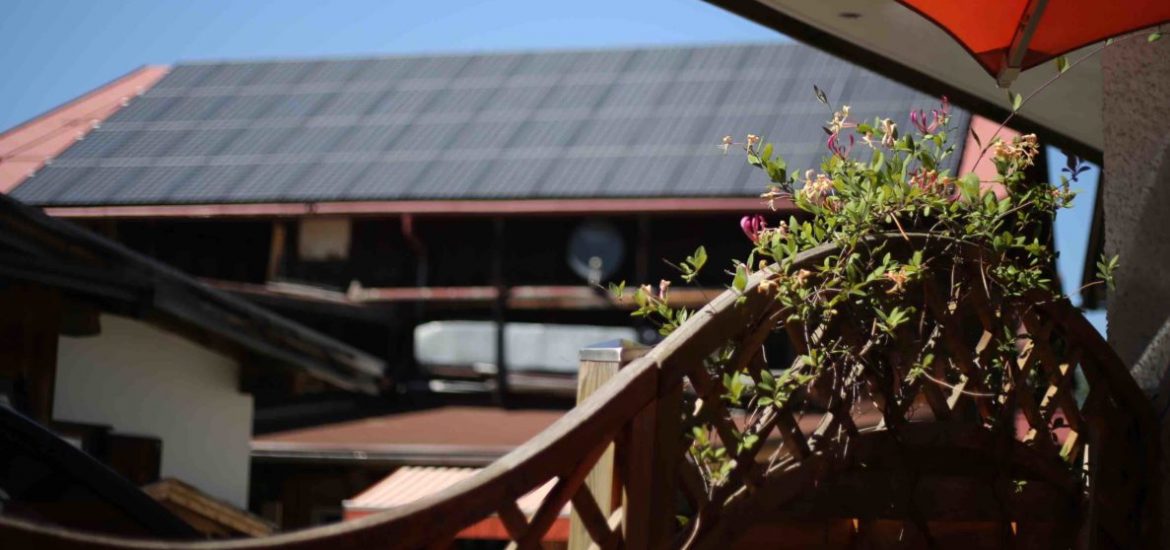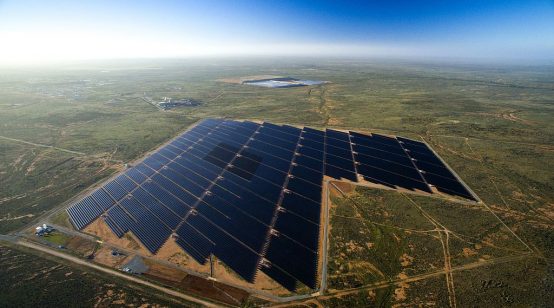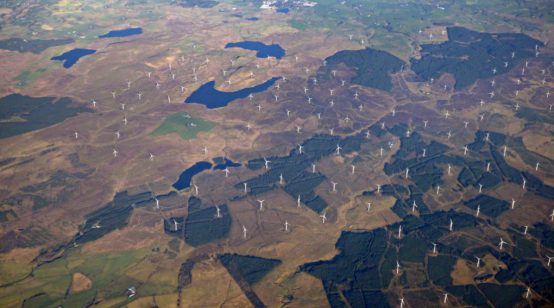
The board of the European Investment Bank (EIB), the world’s largest multilateral lender, has agreed to stop funding fossil-fuel projects and to be more ambition on climate change.
“The EIB will end financing for fossil fuel energy projects from the end of 2021. Future financing will accelerate clean energy innovation, energy efficiency and renewables. EIB Group financing will unlock €1 trillion of climate action and environmentally sustainable investment in the decade to 2030. EIB Group will align all financing activities with the goals of the Paris agreement from the end of 2020,” the EIB announced.
The new energy lending policy highlighted five principles: prioritising energy efficiency; enabling decarbonisation; aiming to meet a 32 per cent renewable share throughout the European Union by 2030; increasing financing for decentralised production and innovative storage; and ensuring grid investment for intermittent sources like wind and solar and boosting cross-border interconnections.
The move to prioritise energy efficiency and renewable projects will reinforce the “green deal” pushed by Ursula von der Leyen, the new president of the European Commission. The former German defence minister wants the EIB to become a climate bank and work to unlock €1 trillion to shift the European economy towards green energy.
“For the EIB to stop funding fossil fuel projects is a game-changer that begins to deliver the EU’s vision for climate leadership as laid out in the Green Deal,” Eliot Whittington, director of the European Corporate Leaders Group, said. “We need this to act as an unequivocal signal into the financial system to encourage other multilateral lenders to follow suit.”
The European Commission has backed the new energy lending policy.
The EU’s executive said the transition to clean energy should be gradual and socially fair, ensuring no country is left behind.
Eurogas secretary-general James Watson said the lending rules would support the deployment of carbon capture and storage, hydrogen and biogas.
“Investments in the gas infrastructure will deliver these technologies that all support the achievement of the 2050 carbon neutrality target,” he said.
“The European institutions and member states now have to follow this example and really deliver on the opportunity. Clearly the best way to underline the need for these new gas technologies would be to introduce EU-wide binding targets for renewable and decarbonised gas, such as countries like France have done with a 10 per cent target for renewable gas by 2030. This is now time for action and delivery,” Watson said.





